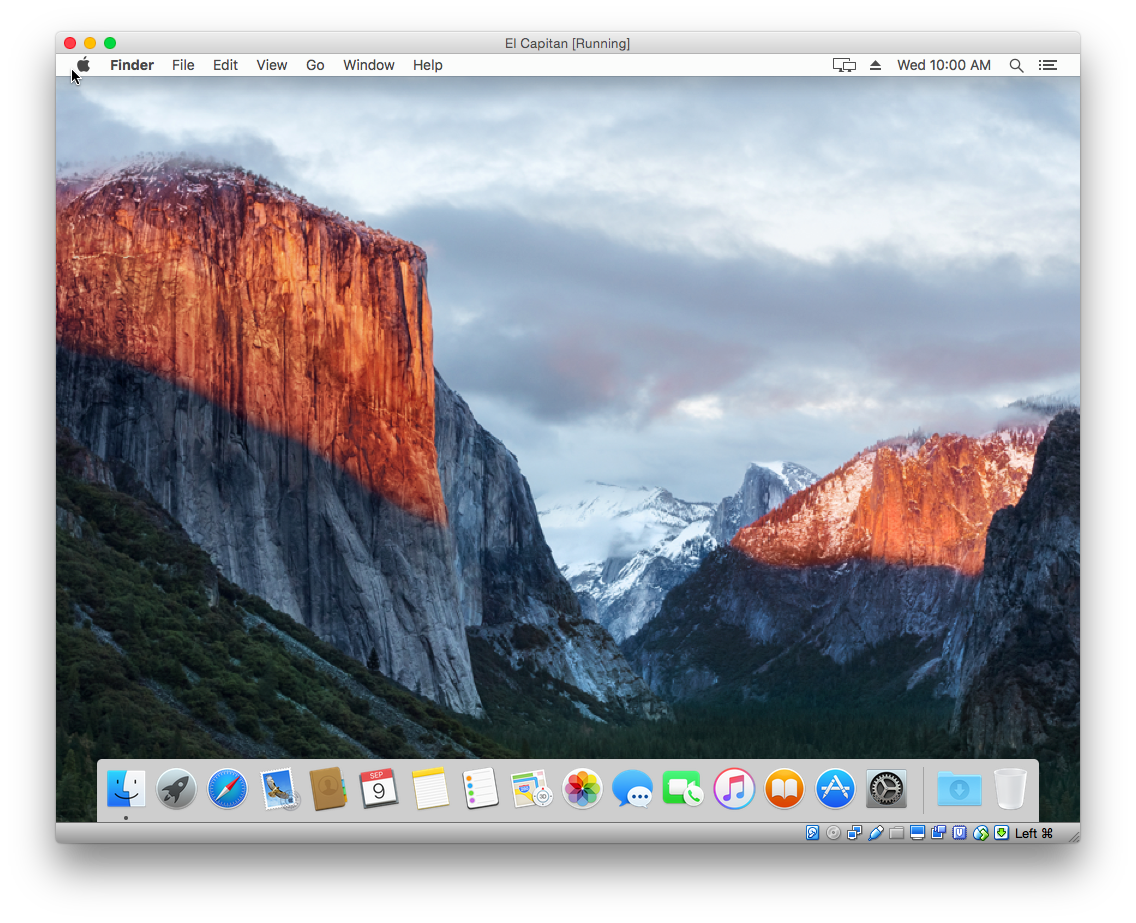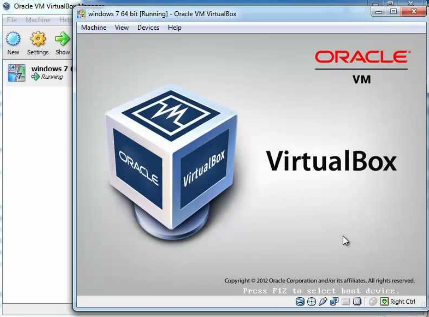

To resolve the issue, update the Linux kernel by running the command: $ sudo dnf update kernel-* The output clearly indicates a conflict between the two versions. Once installed, confirm that the version of kernel-devel corresponds to the version of your Linux kernel by running these commands: $ rpm -q kernel-devel $ sudo dnf install gcc make perl kernel-devel kernel-headers bzip2 dkms With the EPEL repository installed, proceed and install the kernel headers and build tools required to install the guest additions as shown. $ rpm -q epel-releaseĬonfirm EPEL Repository Step 2: Installing Kernel Headers and Build Tools Once installed, confirm the version installed by running the command. To install the EPEL repository on CentOS 8, run the following dnf command on the terminal.

To start off, begin by installing the EPEL repository, in short for Extra Packages for Enterprise Linux, which is a repository that provides extra open-source software packages for RedHat flavors such as CentOS and Fedora. In this guide, we will walk you through the installation of VirtualBox guest additions on CentOS 8. VirtualBox guest additions can be installed on both Linux and Windows systems. Copy & paste and cut & paste functionality between the host and the guest system.Shared folders between the host and guest system.Mouse pointer integration between the host and guest machine.Improved the graphical display/appearance.The VirtualBox guest additions enable the functionalities listed below: The image is then mounted onto the guest system and the guest additions are thereafter installed. To improve the appearance and functionality of a virtual machine, VirtualBox provides a set of software packages and drivers known as VirtualBox guest additions in the form of an ISO image known as VBoxGuestAdditions.iso.

When you first install a virtual machine with a GUI on VirtualBox, the screen size is usually scaled-down and the user experience is usually quite bland.


 0 kommentar(er)
0 kommentar(er)
